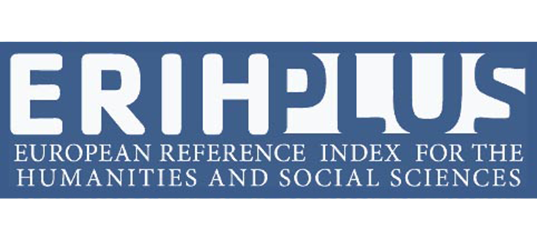Dietary Laws about Animals in Semitic Religions: An Analytical Study
DOI:
https://doi.org/10.46600/almilal.v2i2.82Keywords:
Semitic Religions, dietary laws, Shariah, Halal, kashrut, kosherAbstract
سامی ادیان میں جانوروں کی حلت و حرمت کےمتعلق احکامات کا تجزیاتی مطالعہ
Dietary rules and regulations may govern particular phases of the human life cycle and may also be associated with special events. Dietary Laws are grounded into the religious thought, and anyone expects logical clarifications for the continuation and determination of these rules in light of the respective religious tradition. The Semitic religions: orthodox Jews, Christians and Muslims have undoubtedly directed their adherents about the foodstuff “meat” with particular terms and conditions. This study attempts to define the similarities and differences between Halal and Kashrut (Kosher) in the light of their religion's commandments. The study confined to the Holy Scriptures. A comparative approach has been applied to these dietary practices. Moreover, it was found that Halal constitutes a different dietary law (Shariah) than Kashrut and vice versa. Even though similarities are found but it does not permit for the statutes to be usually supposed as reflection of each other. This analytical work will provide theoretical orientation; make reference to relevant theoretical and empirical literature for adequate clarification and comprehension where needed. To avoid pointless details, only the verse number mentioned in footnotes and extracted commands are just mentioned in the article. Qualitative research methodology has been adopted about the dietary laws about animals in Semitic Religions.














